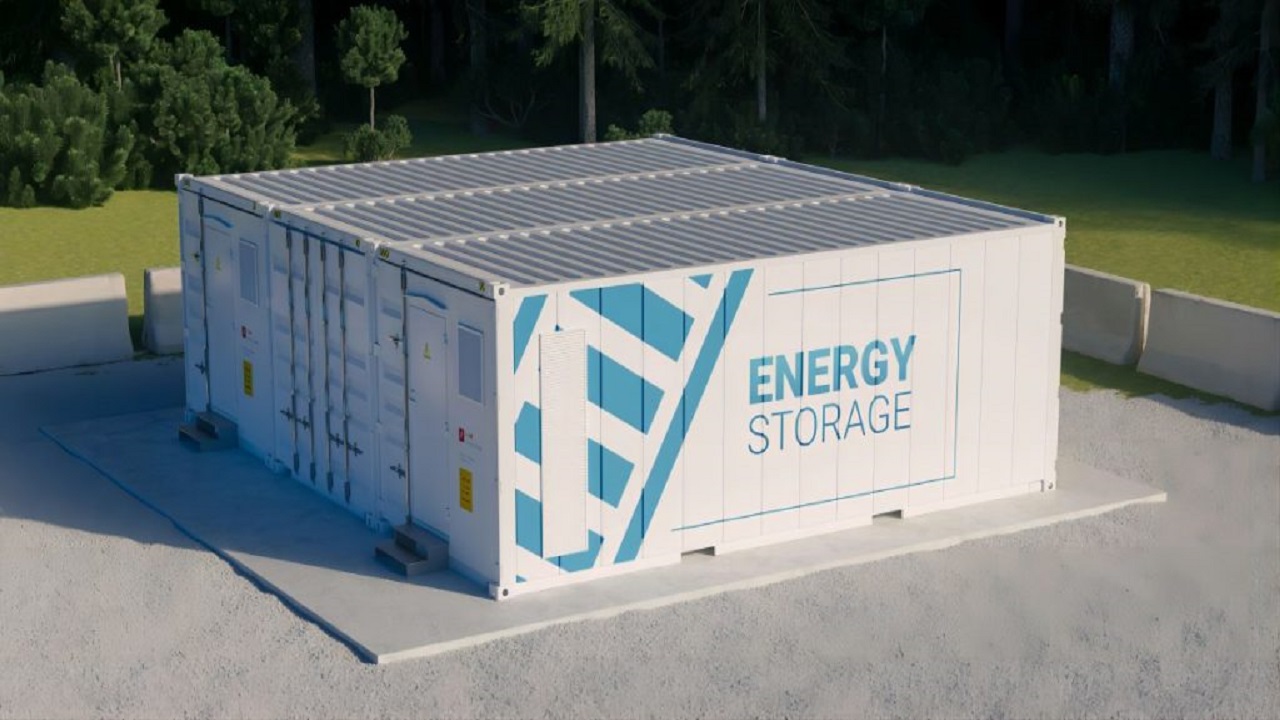In an era where sustainability and efficiency are at the forefront of technological advancements, household energy storage has emerged as a transformative solution. These systems offer a range of benefits that go beyond merely storing excess energy. This article aims to delve into the advantages of household energy storage, shedding light on how these systems are revolutionizing the way we consume and manage our energy resources. This article will help you to learn more about how energy storage promotes independence and resilience.
Energy Independence and Resilience
One of the primary advantages of household energy storage is the attainment of energy independence. By storing excess energy generated from renewable sources like solar panels, households can reduce reliance on the grid during peak demand times.
Cost Savings through Peak Shaving
Household energy storage allows homeowners to capitalize on cost savings through a strategy known as peak shaving. During periods of high electricity demand, utility companies often charge higher rates. Energy storage systems empower households to draw on stored energy during these peak times, thereby avoiding expensive utility charges. This intelligent management of energy consumption contributes to substantial cost savings over time.
Reducing Reliance on Fossil Fuels
By incorporating household energy storage, homeowners can actively contribute to the reduction of reliance on fossil fuels. These systems promote the use of clean, renewable energy sources, thereby lowering carbon footprints and supporting the global transition to more sustainable energy practices. To understand how household energy storage aligns with environmental goals and reduces dependence on traditional energy sources, click here.
Grid Support and Stability
Household energy storage systems contribute to overall grid stability by providing support during peak demand periods. By reducing the strain on the grid during times of high electricity usage, these systems enhance the reliability and efficiency of the entire electrical infrastructure. This grid support function benefits not only individual households but also the broader community by ensuring a consistent and stable power supply.
Emergency Backup Power
In addition to economic and environmental advantages, household energy storage offers a crucial practical benefit of emergency backup power. In the event of grid failures or natural disasters, these systems can automatically switch to backup mode, providing a reliable and continuous power source. This feature is particularly valuable for ensuring the safety and well-being of households during unforeseen circumstances.
Technological Integration and Smart Homes
Advancements in technology have enabled the seamless integration of household energy storage with smart home systems. These interconnected technologies allow users to monitor and control their energy storage systems remotely. Smart home integration enhances user convenience, making it easier to manage energy consumption and optimize the performance of the storage system.
Conclusion
In conclusion, the advantages of household energy storage extend far beyond simple energy storage capabilities. From promoting energy independence and resilience to maximizing the benefits of renewable sources and reducing reliance on fossil fuels, these systems are catalysts for positive change. As technology continues to evolve, the future of household energy storage promises even more innovation, providing homeowners with increasingly efficient and sustainable solutions for their energy needs.
